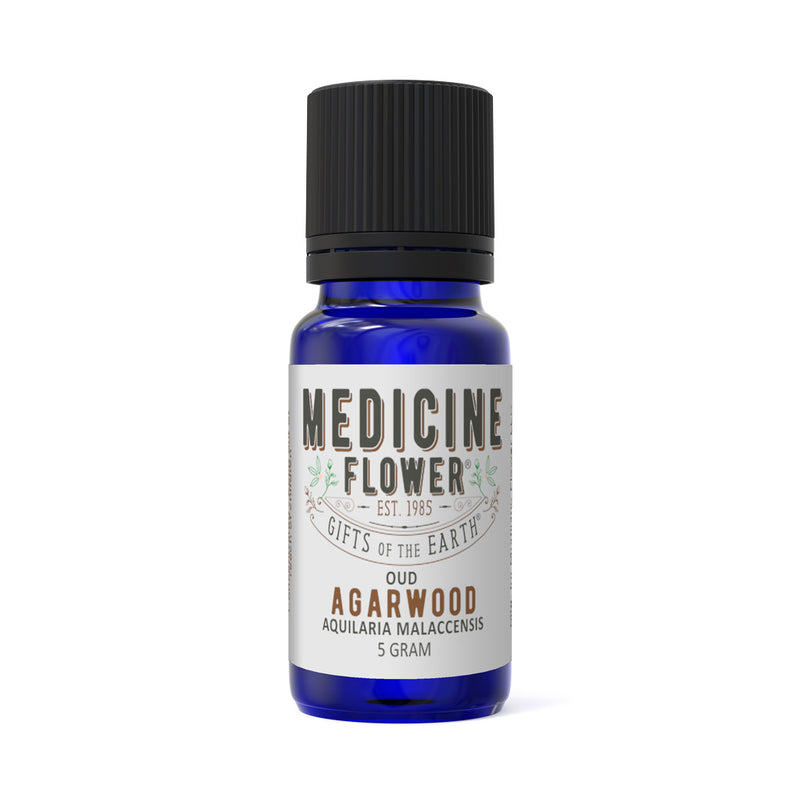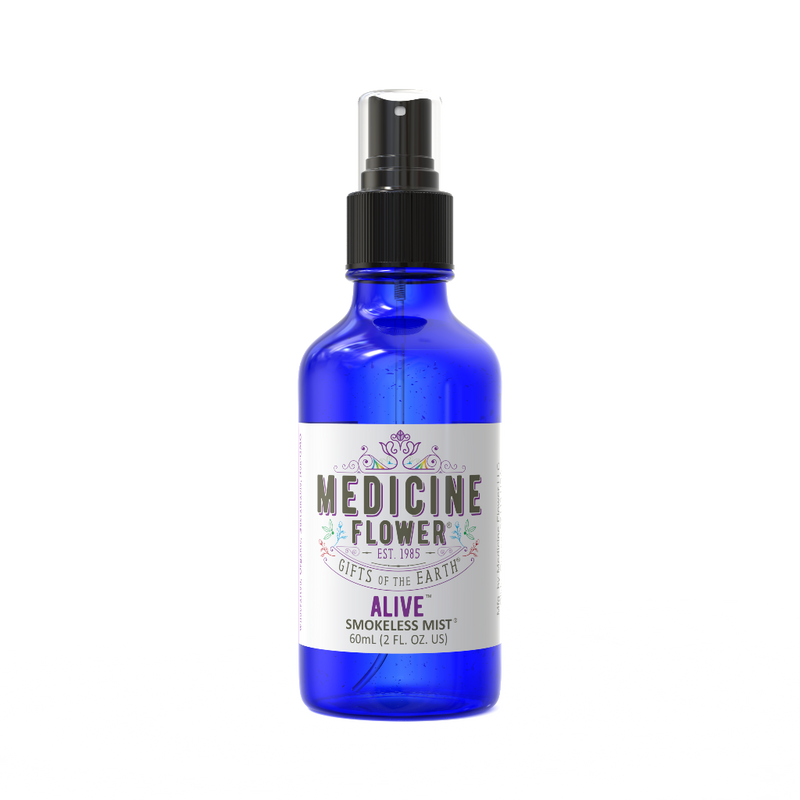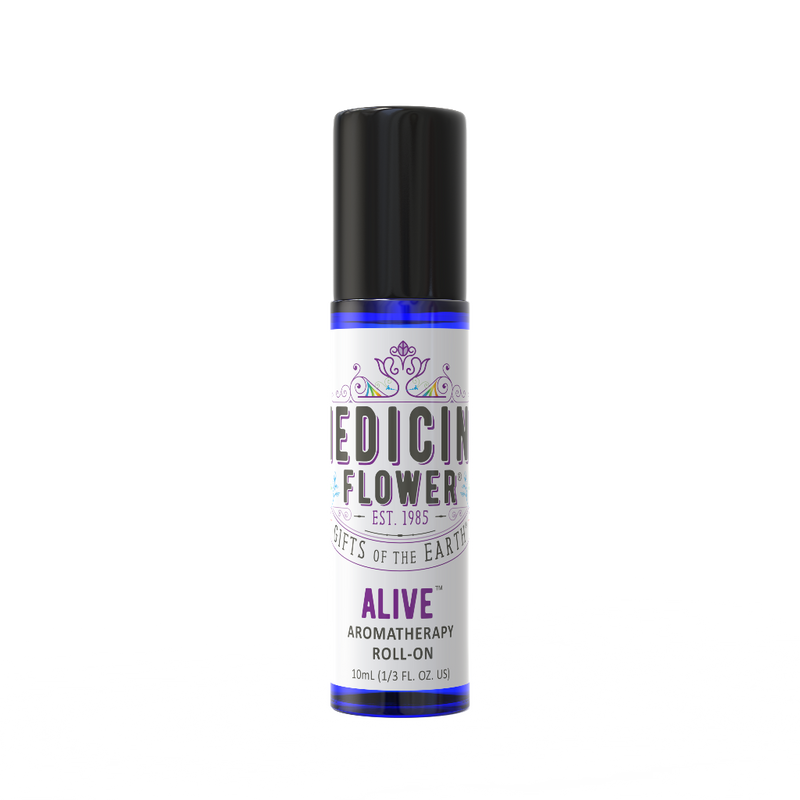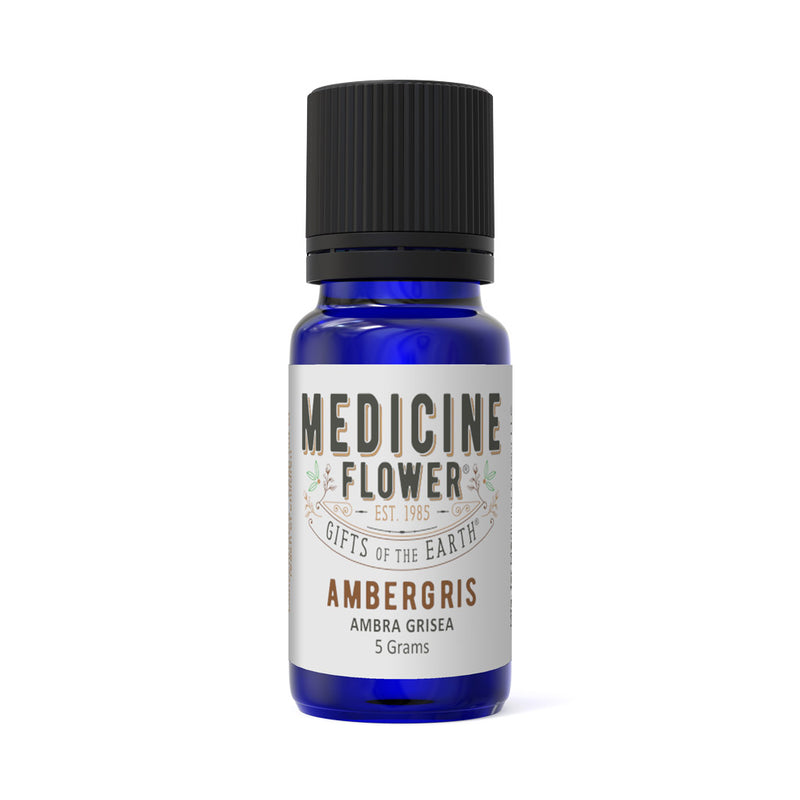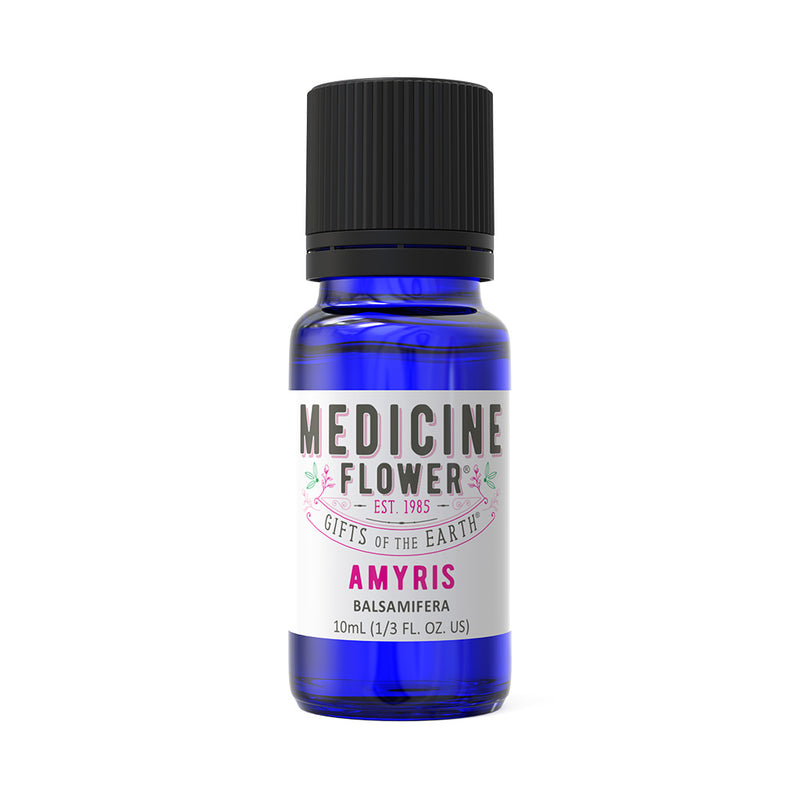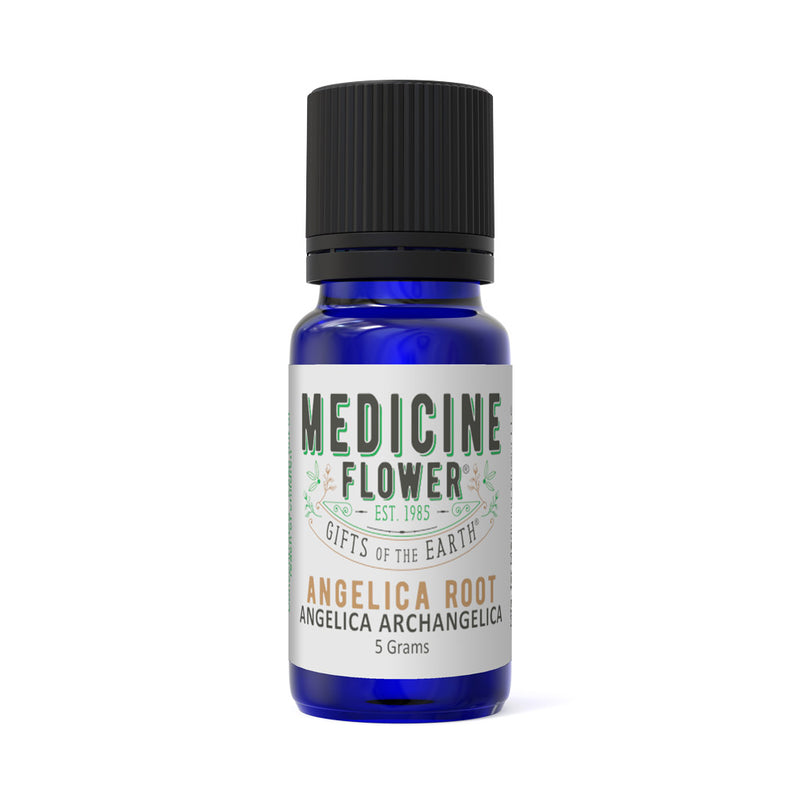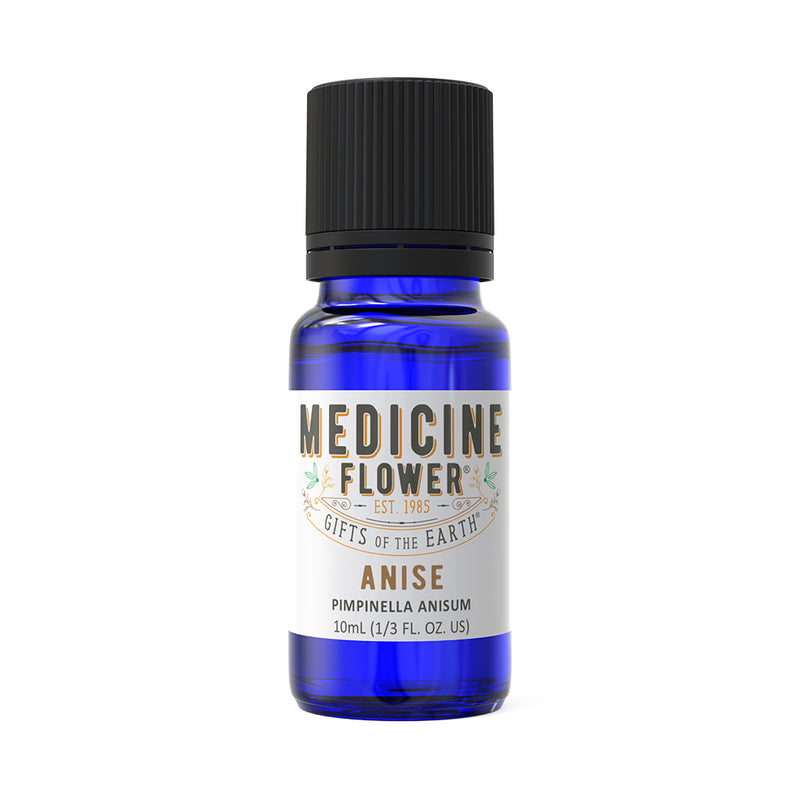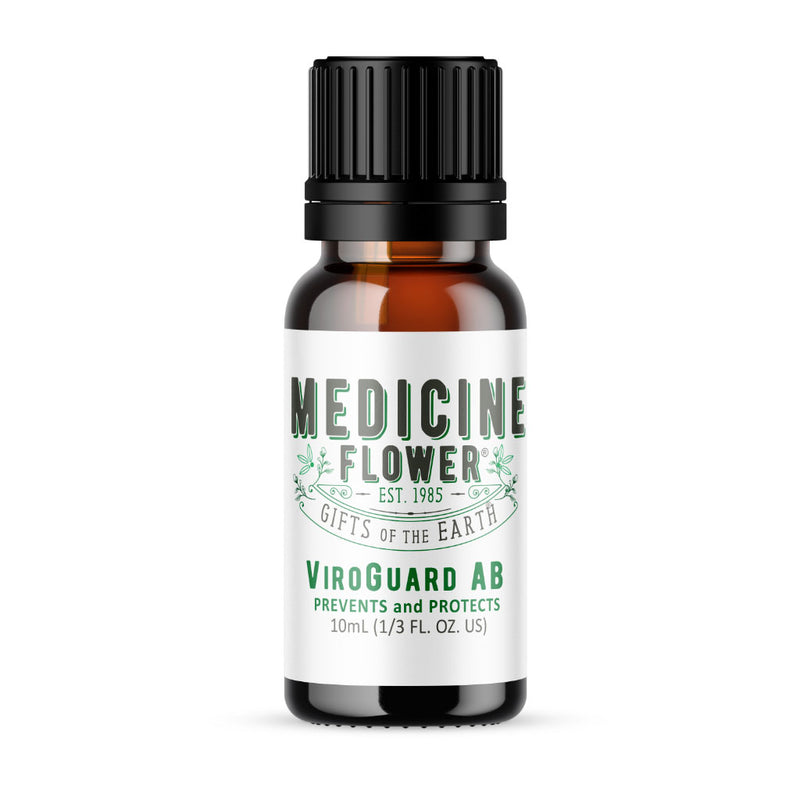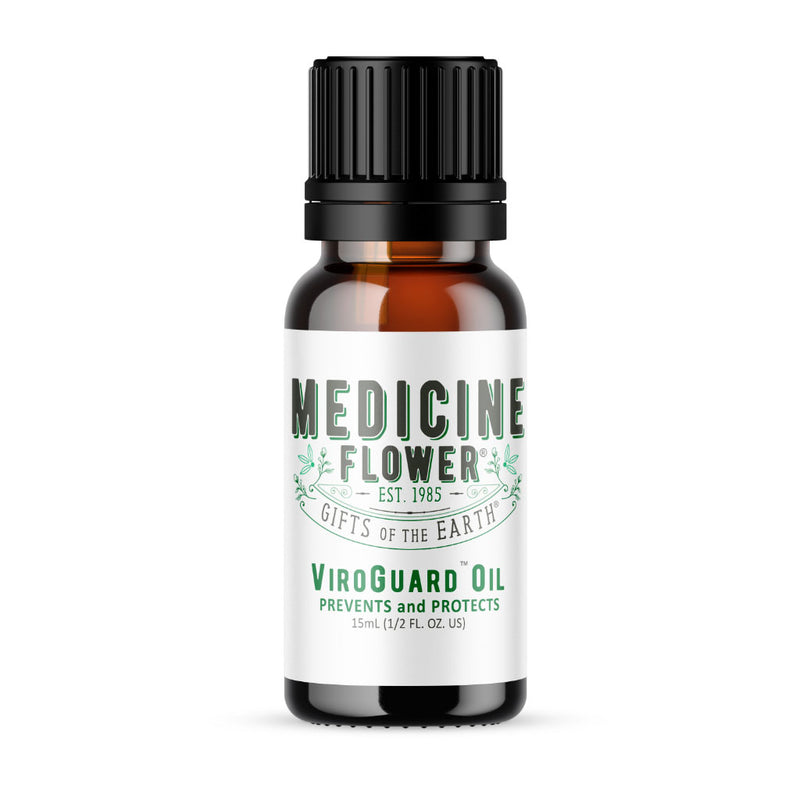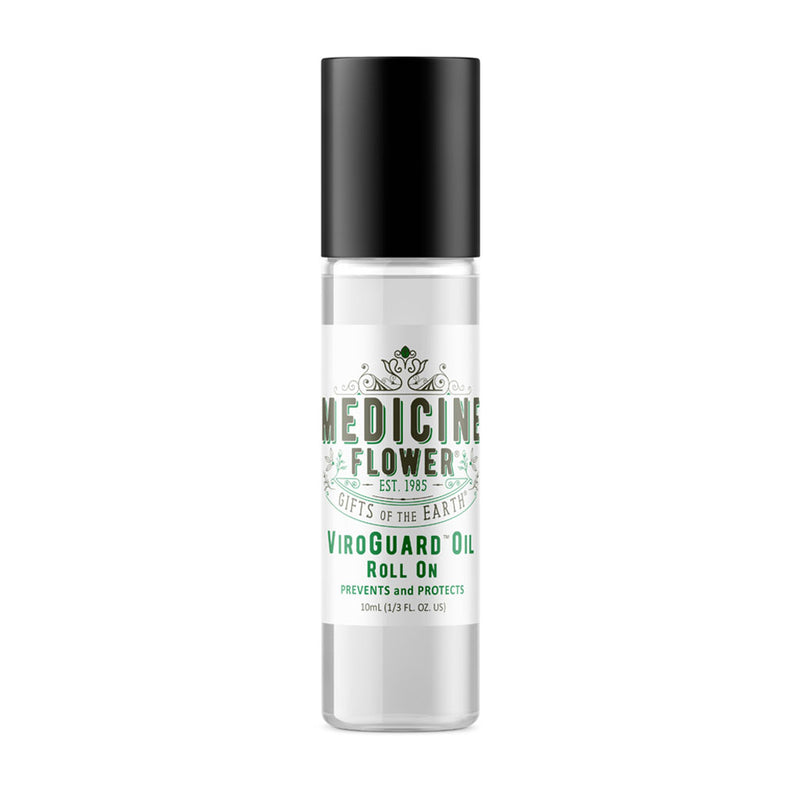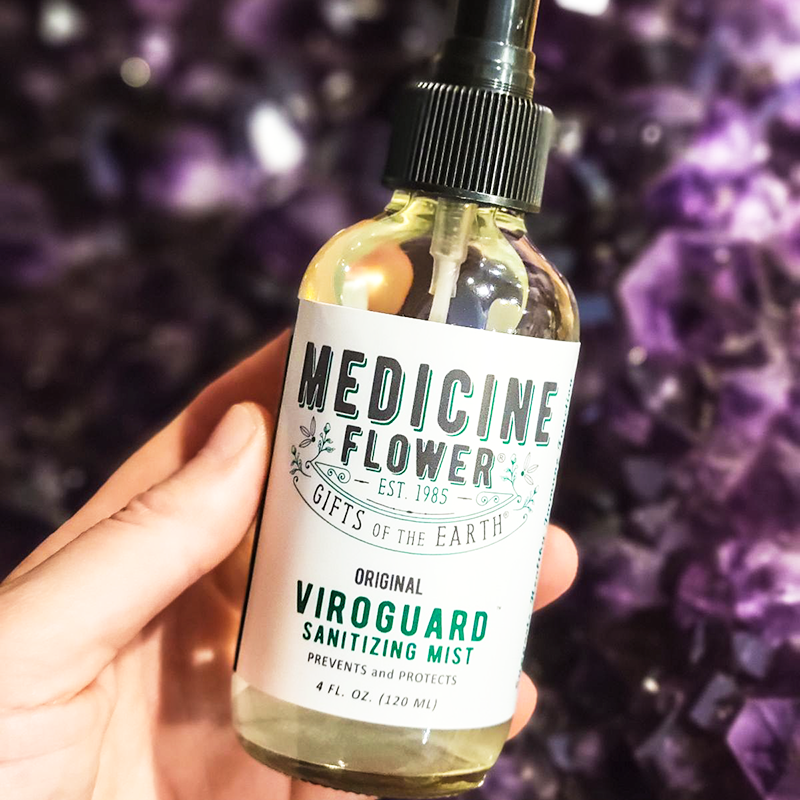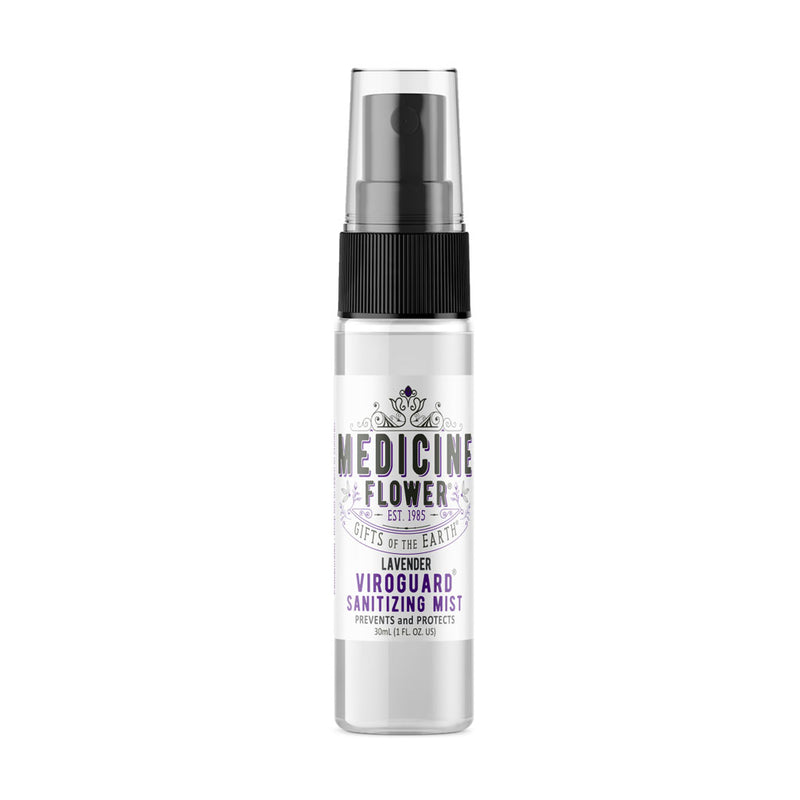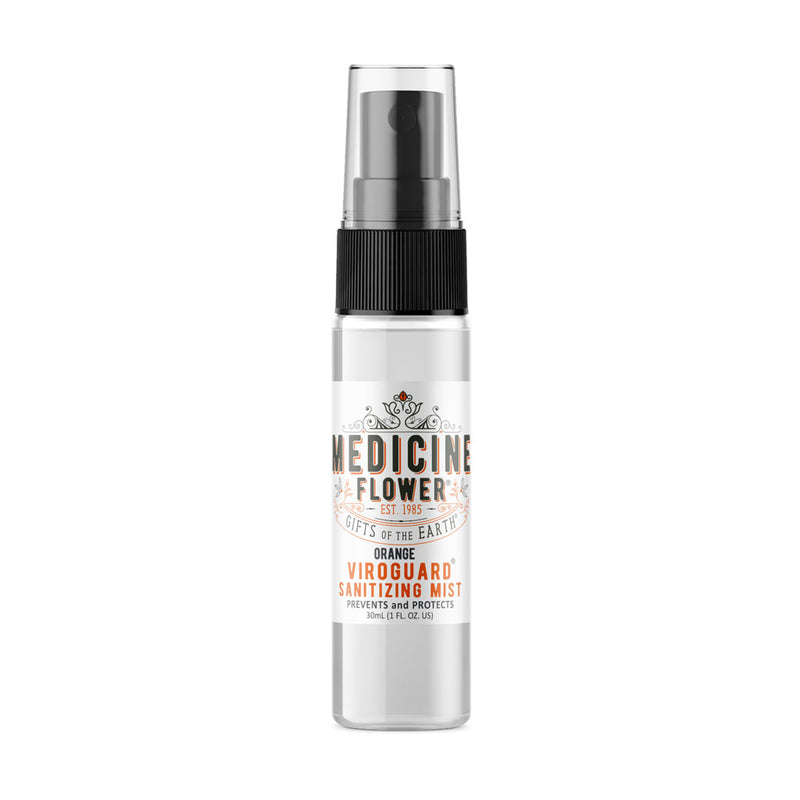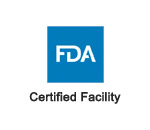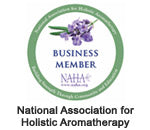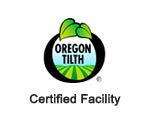Helichrysum, Organic
-
$147.00
- Brand: Medicine Flower LLC
- Availability: In Stock
Helichrysum, Organic Information Primary Benefits When used in aromatherapy, the scent of helichrysum is said to fight conditions such as allergies, arthritis, eczema, and anxiety. A perfect addition to your diffuser or favorite base oil. In addition, as an herbal preparation, helichrysum may be used in and is touted to...
SKU: 03309
Helichrysum, Organic
Information
Primary Benefits
When used in aromatherapy, the scent of helichrysum is said to fight conditions such as allergies, arthritis, eczema, and anxiety. A perfect addition to your diffuser or favorite base oil.
In addition, as an herbal preparation, helichrysum may be used in and is touted to reduce inflammation, promote the healing of wounds and burns, stimulate digestion, boost the immune system, and soothe body and mind.
Despite its long history of use, the research on essential oils is often limited and helichrysum oil is no exception. However, there's some early research suggesting that helichrysum essential oil may offer benefits.
For instance, a 2012 study published in Natural Product Communications found that helichrysum essential oil may possess antibacterial and anti-fungal properties. However, due to the lack of clinical trials testing the effects of helichrysum essential oil, it is too soon to recommend this oil in the treatment of bacterial or fungal infections.
In a small pilot study published in the Journal of Alternative and Complementary Medicine in 2013, researchers determined that a mixture of peppermint, basil, and helichrysum essential oils was more effective than a placebo at reducing the perceived level of mental fatigue and burnout.
Details
Botanical Name: Helichrysum italicum
Origin: Bosnia
Method: Steam Distilled
Usage
When a small amount is combined with a carrier oil (such as jojoba, sweet almond, or avocado oil), helichrysum essential oil can be applied to the skin during a massage or added to baths.
It can also be inhaled after sprinkling a drop of the oil onto a cloth or tissue or by using an aromatherapy diffuser or vaporizer.
Helichrysum essential oil blends well with several other essential oils like bergamot, chamomile, lavender, rose, and tea tree oils.
Helichrysum essential oil should not be ingested or taken internally.
Safety
These statements have not been evaluated by the Food and Drug Administration. This product is not intended to diagnose, treat, cure, or prevent any disease.
Helichrysum, Organic
Information
Primary Benefits
When used in aromatherapy, the scent of helichrysum is said to fight conditions such as allergies, arthritis, eczema, and anxiety. A perfect addition to your diffuser or favorite base oil.
In addition, as an herbal preparation, helichrysum may be used in and is touted to reduce inflammation, promote the healing of wounds and burns, stimulate digestion, boost the immune system, and soothe body and mind.
Despite its long history of use, the research on essential oils is often limited and helichrysum oil is no exception. However, there's some early research suggesting that helichrysum essential oil may offer benefits.
For instance, a 2012 study published in Natural Product Communications found that helichrysum essential oil may possess antibacterial and anti-fungal properties. However, due to the lack of clinical trials testing the effects of helichrysum essential oil, it is too soon to recommend this oil in the treatment of bacterial or fungal infections.
In a small pilot study published in the Journal of Alternative and Complementary Medicine in 2013, researchers determined that a mixture of peppermint, basil, and helichrysum essential oils was more effective than a placebo at reducing the perceived level of mental fatigue and burnout.
Details
Botanical Name: Helichrysum italicum
Origin: Bosnia
Method: Steam Distilled
Usage
When a small amount is combined with a carrier oil (such as jojoba, sweet almond, or avocado oil), helichrysum essential oil can be applied to the skin during a massage or added to baths.
It can also be inhaled after sprinkling a drop of the oil onto a cloth or tissue or by using an aromatherapy diffuser or vaporizer.
Helichrysum essential oil blends well with several other essential oils like bergamot, chamomile, lavender, rose, and tea tree oils.
Helichrysum essential oil should not be ingested or taken internally.
Safety
These statements have not been evaluated by the Food and Drug Administration. This product is not intended to diagnose, treat, cure, or prevent any disease.




